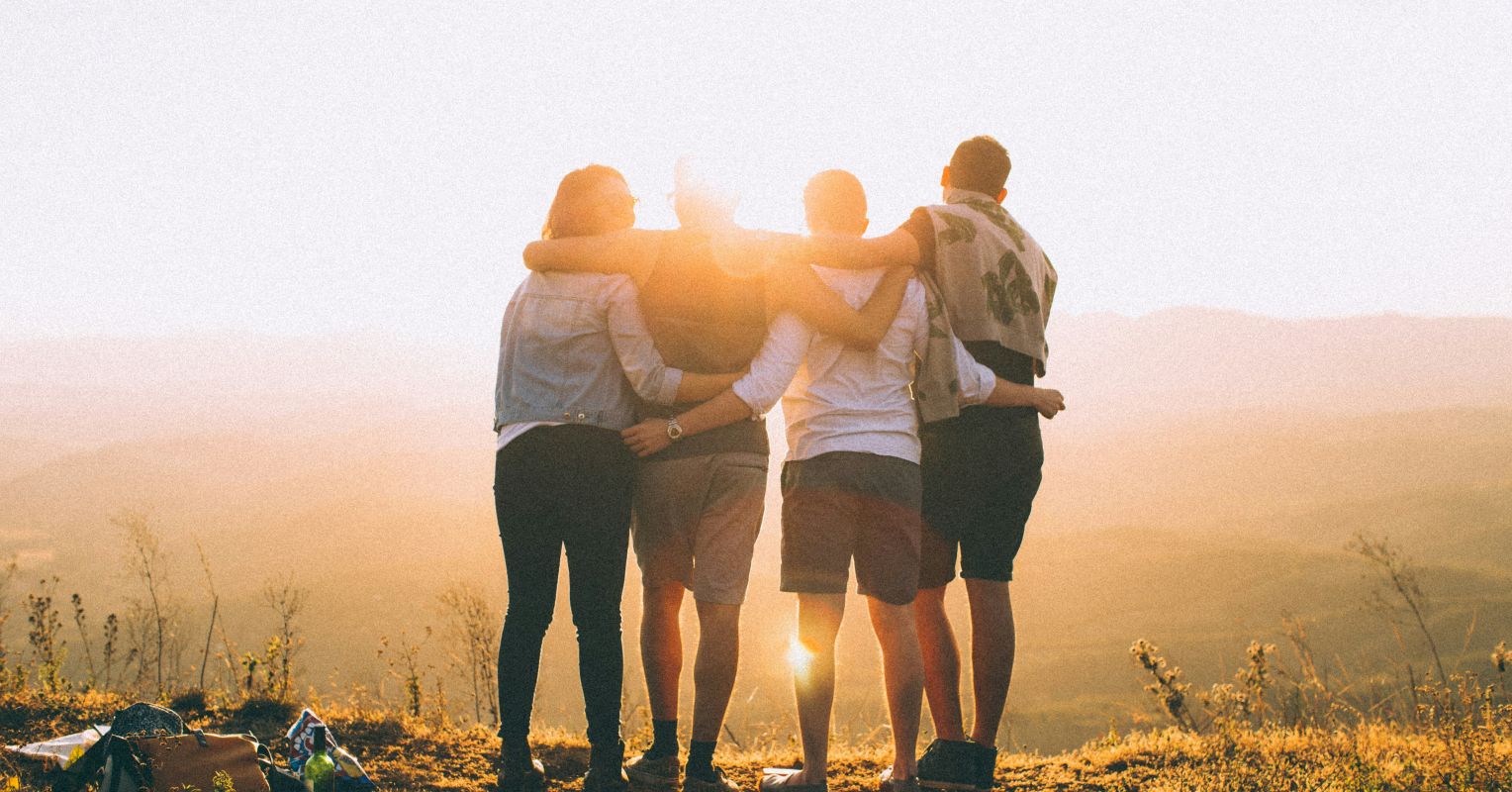
"Now I would say, "How is this Thanksgiving different than any other Thanksgiving? (or at least one in recent memory)" And most would say we are living at a time ruled by fear, rage, hate, feelings of displacement, and frank lawlessness. There are images of people of color targeted and brutalized in the streets and children stripped from their parents; LGBTQ and particularly trans individuals facing profound discrimination; gun violence,"
"mass shootings, and assassination attempts or completion; vaccines that have saved millions of lives, dashed with misinformation and undercut along with threats to state and federal healthcare that may be lost or unaffordable; the undermining of free speech and a free press; invasion of our cities with military; our national leaders on both sides of the political fence terrified by threats to their lives as retribution for their expressed views.."
Gratitude promotes happiness, resilience, and stronger relationships by reducing negativity and reinforcing social bonds. Widespread fear, rage, hate, marginalization, and insecurity make gratitude difficult to experience or express. Visible harms such as targeted violence, family separations, discrimination against LGBTQ and trans people, mass shootings, and misinformation about public health intensify emotional barriers. Gratitude operates as a two-stage process: affirming benefits in one’s life and recognizing external sources of those benefits. Intentional behavioral strategies can cultivate gratitude, help overcome social and psychological obstacles, and restore individual well-being and communal trust.
Read at Psychology Today
Unable to calculate read time
Collection
[
|
...
]